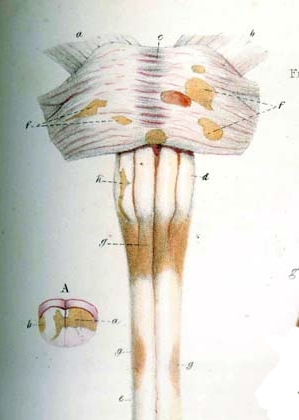
What is Multiple Sclerosis?
Multiple Sclerosis is an autoimmune disease that damages the nerves in the brain and spinal cord. This damage causes loss of muscle control, tingling of the nerves or numbness in the body. Vision and balance can also be negatively impacted. Sclerosis means the creation or buildup of scar tissue in the brain and spine. This buildup destroys the protective covering (myelin) around the nerves. This in turn interrupts the communications between the brain, spinal cord and other areas of the body.
Secondarily, the disease generates inflammatory-mediated reactive oxygen and nitrogen species within the body. Those that study Nuclear factor-erythroid 2-related factor 2 (Nrf2) know this has a negative impact on the production of protective antioxidant and detoxication enzymes within the cells.
The disease affects 400,000 plus Americans according to the WebMD website. Statistically more females are impacted by the disease than males. Prime ages for risk are between 20 and 50 years old.
Multiple Sclerosis Symptoms:
- Vision problems: Blurred and or double vision
- Eye pain
- Muscle weakness
- Coordination problems
- Muscle stiffness
- Bladder control problems
NRF2, Oxidative Stress and Multiple Sclerosis Studies
NRF2 activation or balancing may help MS patients in the following ways.
- Reduction or slowdown of scar tissue creation. NRF2 activation has been shown to reduce fibrosis in the body.
- Increased production of protective antioxidant and detoxication enzymes
- Nrf2 can modulate an autoimmune neuroinflammatory response
- A study published in Pharmacogenomics Journal (June 2012) showed NRF2 treatment worked best when consistently applied as opposed to once off "boost" treatments.
- Production of antioxidant genes regulate inflammatory cytokines and endogenous anti-oxidants which are variables affecting disease progression in multiple sclerosis (MS). In addition they exert neuroprotective effects directly.(See Sci Rep. 2011;1:201. Epub 2011 Dec 19)
Information provided on this site is for educational purposes only. Do your own research, and consult with a medical professional about your findings.
Please validate any information here with a healthcare professional. The content is provided for education purposes, This content has not been evaluated by the Food and Drug Administration. Any advice or products mentioned is/are not intended to diagnose, treat, cure, or prevent any disease,











